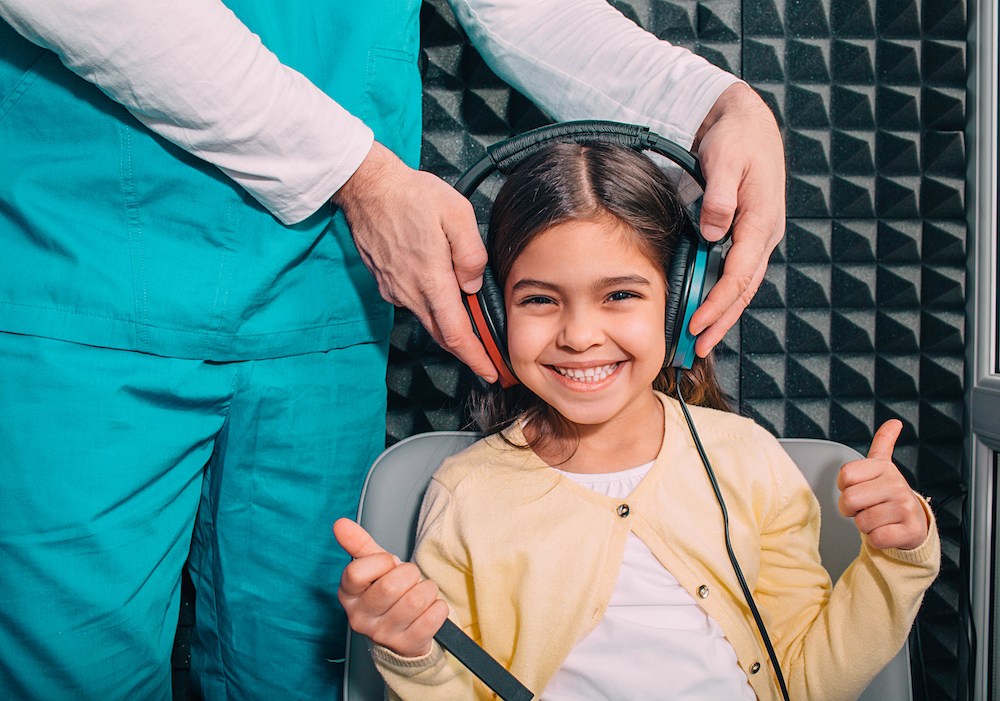The Role of Wearables in Monitoring Hearing Health
Wearable technology has become part of how many people track their health,

By: admin | August 21, 2025
Being a musician means you’re constantly exposed to the very thing that can damage your hearing over time. Whether you’re practicing in a small rehearsal room, performing on stage with amplified instruments or spending hours in recording studios, loud sound is an unavoidable part of what you do. Unlike people in other professions who might encounter occasional loud noises, musicians face this challenge regularly and often for extended periods. The catch is that you need to hear clearly to perform well, so you can’t just turn everything down or walk away when things get too loud.
Regular hearing tests become especially important when your livelihood or passion depends on your ability to hear subtle differences in pitch, tone and timing. Small changes in your hearing might affect your musical performance long before you notice them in everyday conversations. Catching these changes early gives you more options for protecting what hearing you have left and adapting your approach to music-making if needed.
Hearing enables you to recognize pitch, rhythm and subtle variations in sound. These skills are essential for musicians who need to accurately interpret music. Your ears collect sound waves and send electrical signals to your brain, which processes and makes sense of the music or notes being played. This complex process allows you to tune instruments precisely, blend your sound with other performers and detect distinctions in tone quality and timing that give music its character.
Understanding how your hearing works helps you take steps to protect your ears from exposure to loud sounds that may lead to hearing loss over time. This knowledge encourages you to adopt healthier practice habits, like managing volume levels and taking breaks, which can improve your overall performance both on stage and in the studio. Musicians who protect their hearing are better able to maintain their skills and focus on what matters most in music.
Musicians often spend long hours in loud environments during rehearsals, performances or recording sessions. Constant exposure to high sound levels can gradually affect hearing. Even sudden loud noises like feedback or cymbal crashes may have an impact.
Using headphones or in-ear monitors at high volumes is another common factor. These devices deliver sound directly into the ear canal which can increase the risk of hearing loss if the volume is not carefully managed.
Listening to loud music for extended periods can reduce the ability to hear certain sounds. Over time, repeated exposure to high volume may make it harder to pick out quiet notes or distinguish between instruments during a performance. Many musicians do not notice the volume is too high until some hearing loss has occurred. Being aware of these challenges is important for understanding how loud sound affects hearing over time.
Hearing begins when sound waves enter your ear and travel through the ear canal to reach the eardrum. These sound waves cause the eardrum to vibrate, and those vibrations are passed along tiny bones in the middle ear. The vibrations then reach the cochlea, a spiral-shaped organ filled with fluid and lined with thousands of tiny hair cells. These hair cells convert the mechanical vibrations into electrical signals that travel through the auditory nerve to the brain, where they are interpreted as sound.
Loud noises can damage hearing by harming these delicate hair cells in the cochlea. When exposed to high volumes, the hair cells can become bent, broken or even destroyed. Unlike other cells in the body, these hair cells do not regenerate, so once they are damaged, the loss is permanent. Prolonged exposure to loud sounds or sudden very loud noises can overwhelm and fatigue the hair cells, leading to temporary or permanent hearing loss.
The louder the noise and the longer the exposure, the greater the risk of damage. Sounds over 85 decibels (dBs), like heavy traffic or loud music, can start to harm hearing if exposure lasts for extended periods. Extremely loud sounds like explosions or gunfire can cause immediate and severe damage. This damage often begins with difficulty hearing higher frequencies or distinguishing speech in noisy environments and can progress to more noticeable hearing loss over time. Understanding this process highlights why protecting your ears from loud noise is crucial for preserving your hearing health.
Detecting changes in hearing can be challenging because these shifts usually happen slowly over time. You might begin to miss certain notes, struggle to tune your instrument accurately or find it harder to hear yourself when playing with others. These subtle differences may seem minor at first but can gradually affect your overall performance and how you experience music.
Even small changes in your hearing can make it more difficult to pick up on important details like tone, rhythm and balance. Musicians rely on these subtleties to deliver the best sound, and any decline can impact practice sessions, rehearsals and live performances. Paying close attention to how your hearing feels during and after playing can help you recognize when something is off and take steps to address it before the changes become more noticeable.
Gradual changes in hearing are often overlooked because the brain adapts to small differences over time. Musicians may not notice they are missing certain sounds or details until these changes begin to impact their music.
There are several reasons why gradual hearing loss can be hard to recognize:
When hearing loss goes unaddressed, it can affect how you experience and perform music. You may find certain notes or instruments harder to hear, which can impact timing and pitch.
Difficulty hearing subtle sounds might make it harder to blend with other performers or follow complex pieces. Over time, this can lead to frustration during practice or performances. Missing out on musical details may also affect your enjoyment of music and your confidence on stage. Regular checkups with our team help catch changes early and support your long-term hearing health.
Routine hearing tests allow our team to detect small changes in your hearing before they develop into more significant issues. Finding these changes early gives you the opportunity to take steps that protect your hearing and help you continue performing and enjoying music for many years.
Standard hearing tests measure how well you hear a range of tones and speech in quiet environments. These tests are useful for assessing your overall hearing health, but they may not capture all the subtle details that matter most to musicians.
Musician-specific hearing tests include sounds and frequencies commonly found in music. These assessments help us understand how well you hear different notes, pitches and musical patterns that are important for your work. If you spend a lot of time around music, a musician-specific test provides a more detailed look at your unique listening needs and challenges.
During a hearing test designed specifically for musicians, our team begins by learning about your musical background and any concerns you may have about your hearing. We ask about the instruments you play, how often you are exposed to loud sounds and whether you have noticed any difficulties hearing certain notes or sounds clearly. Understanding your experience helps us tailor the test to your unique needs.
The hearing test usually involves listening to a series of tones and musical sounds through headphones in a quiet room. These tones cover a range of frequencies and volumes to measure how well you hear soft and loud sounds across the musical spectrum. For musicians, special assessments focus on pitches and notes common in music, which may not be included in standard tests. This helps identify subtle changes that could affect your performance.
Specific tests that may be included are:
After your hearing test, our team reviews the results to see how you hear different sounds and pitches important for music. These findings highlight areas where your hearing is strong and where there may be changes that could affect your musical work.
Based on this information, we can suggest ways to protect or improve your hearing. Recommendations might include custom earplugs made for musicians, adjusting how you use in-ear monitors or changing practice habits to reduce sound exposure. Every musician’s needs are different, so our advice is tailored to your specific test results and music environment.
Your hearing plays a critical part in how you create and experience music. Being able to detect subtle changes in tone, pitch and rhythm shapes the way you perform and listen. However, musicians often face sound levels that can cause lasting damage. Long rehearsals, concerts and studio sessions expose ears to intense volume that, over time, can reduce your ability to hear these important details.
Protecting your hearing is not about lowering sound quality. It’s about managing volume and exposure so your ears stay healthy without sacrificing the richness of your music. There are several ways musicians can protect their hearing while maintaining sound clarity:
Your hearing affects how you create, perform and enjoy music. Even small changes can make it harder to hear important details in pitch, tone and timing. Staying aware of these changes and making hearing protection part of your routine helps you keep your hearing at its best. Regular check-ups allow you to catch any issues early and take steps to protect your ears from further damage.
When you’re ready to take action, our team can help. Contact Integrity Hearing of Idaho in Eagle, ID at (208) 914-7034 to schedule a hearing evaluation or learn about protection options designed for musicians. Taking care of your hearing now can help you protect what you have and ensures you can keep enjoying – or making music – for years to come.
Tags: OAE tests, speech tests, tympanometry

Wearable technology has become part of how many people track their health,
By: admin | December 21, 2025

Being a musician means you’re constantly exposed to the very thing
By: admin | August 21, 2025

When you take medication, you expect it to help solve a health problem –
By: admin | April 24, 2025
